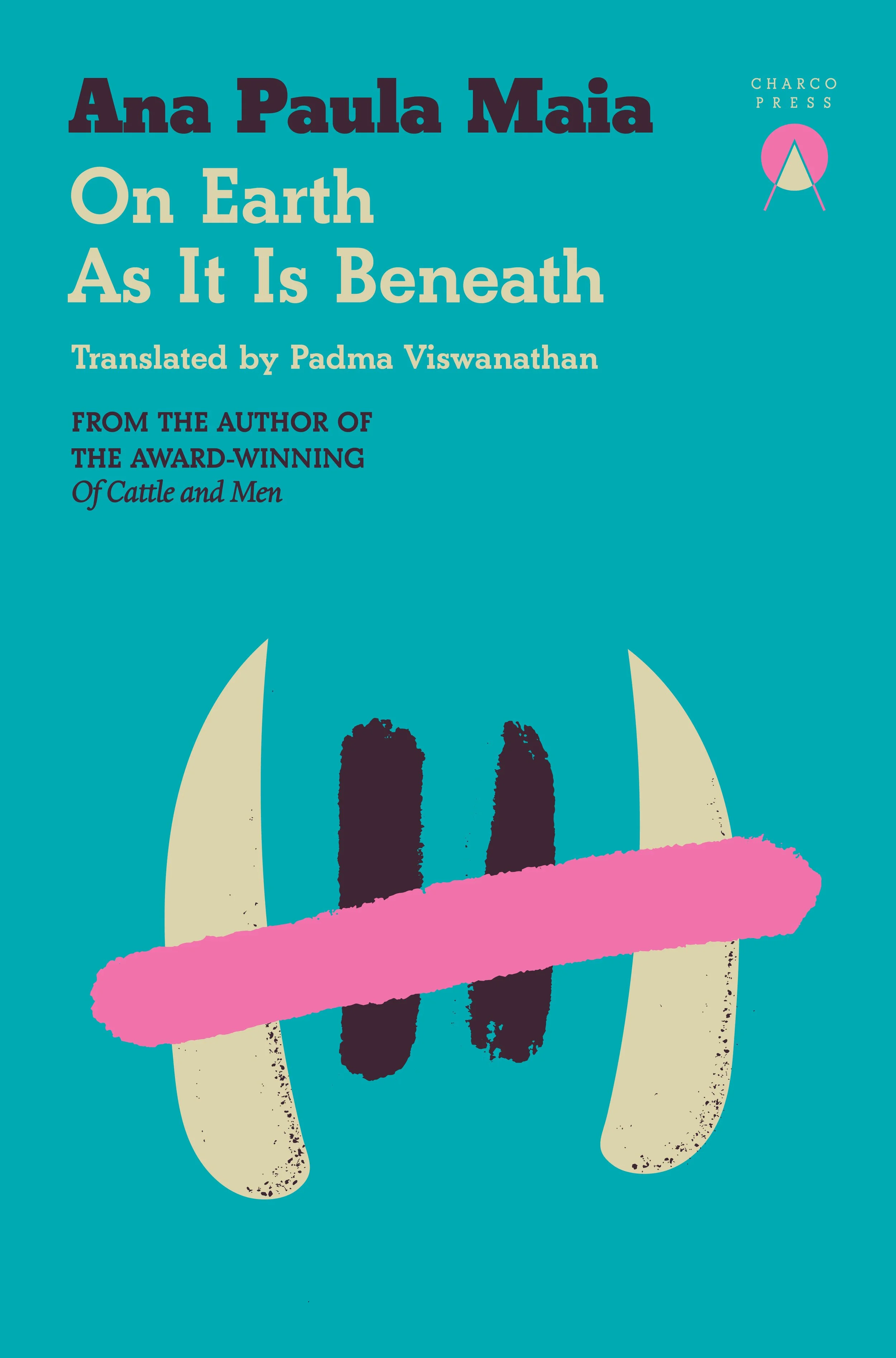An Infinite Sadness
An Infinite Sadness
Antônio Xerxenesky
Translated by Daniel Hahn
In a small village in the Swiss Alps, in the aftermath of World War II, particle physics and psychiatry grapple with a forever changed world.
Nicholas walks the wooded path between the sanitarium where he works and his home, alert to a possible menace lurking in the trees, haunted by the possibility of an evil just out of sight. His days are spent ministering to minds that have been grievously damaged by the years of brutal conflict, violence suffered and violence abetted. The patients have different stories, but none of them have left the war behind. Anna, his wife, looks for meaning among the scientists she works with, exploring the dark matter that orders the universe. Failures of nerve and intrusions from the past dog them both, and neither is able to fully inhabit the present, that moment that is also—to Einstein, and in Jewish tradition—eternity. An infinite sadness, Xerxenesky offers, may be “the size of the universe or of the empty space inside an atom” and no certainty can defeat it, no reckoning be sufficient.






